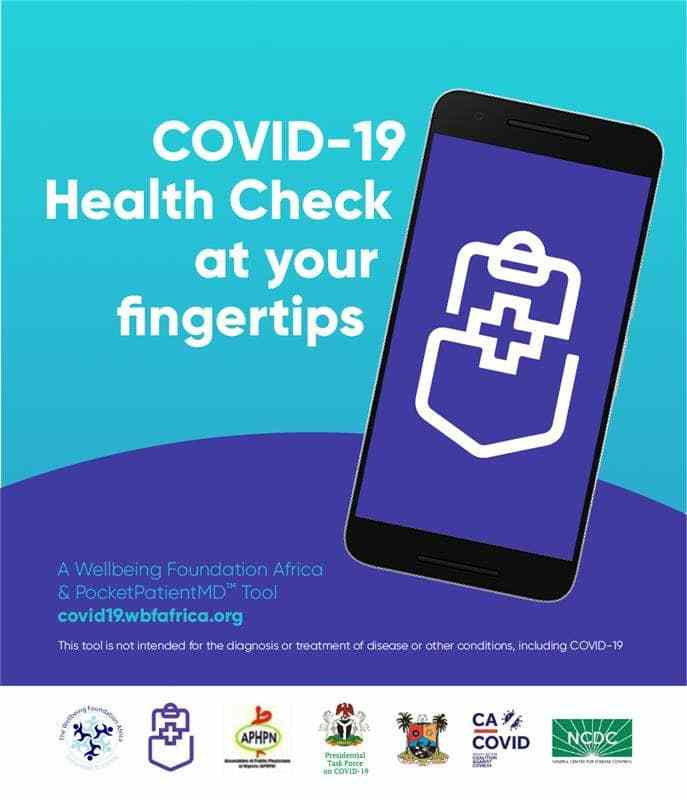I had lived such a carefree life up until that moment, but after that I thought: ‘With all my privileges, with all the resources that I have at my disposal… I still lost a child.’
I think that’s when my own sense of social justice was truly awakened. Even something as simple as breastfeeding. We all know that premature babies really need breast milk, and in London they would just bring you a breast pump. In Nigeria they brought me a bowl.
If God has helped you to survive something, I think it would be very selfish to keep that knowledge to yourself. During the time I was in hospital another premature baby, who had been born at home, was brought in by the father.
It was a very expensive hospital so I told the staff to add the bill for the baby’s treatment to my own bill. I had bought two of everything, and had paid for the care of two babies.
Winning formula
The Portland were sending me things like formula milk specially designed for premature babies, and I just thought: ‘There are five other children in intensive care. Don’t all these premature babies deserve a chance at survival too?’
So I started ordering triple what I needed, and the doctors all remarked on what a difference it was making. The Wellbeing Foundation started from there.
It was because of the Wellbeing Foundation Africa that Nigeria started keeping proper records of infant mortality. I raised the alarm in 2006, and met with the minister for health, and together our two organisations started to investigate why infant mortality was so high.
We discovered the main causes of death for women were post-partum haemorrhage, malaria in pregnancy, and sepsis. Newborns were dying because their airways weren’t being cleared properly.
What really came out of that study was that the things that are killing women in pregnancy in Nigeria are all preventable, and it doesn’t even cost that much money – it costs knowledge.
Our programmes train doctors and midwives in things like how to prevent sepsis through sanitation, how to clear a newborn’s airways, how to recognise the signs of haemorrhage early and prevent it.
Rates of progress
In 2006 when I started the foundation, the death rate for newborns was one in six; now it’s one in 12. What was really interesting, though, was that in the hospitals where we were running our MamaCare programmes for expectant mothers, the death rate is zero.
Our hospitals are confounding a national average that has improved but still has a long way to go: Finland’s infant mortality is one in 4,000, not one in 12!

At the beginning it was just about saving lives, but now it’s about getting those key innovations that save lives to the mothers themselves.
Midwives are at the heart of the work of the Wellbeing Foundation Africa. Our ‘MamaCare midwives’ deliver antenatal and postnatal classes and visits to women in Abuja, Lagos and Ilorin.
The classes take place in primary healthcare centres, hospitals and even prisons. I’m trying to teach expectant mothers to be an equal partner in the quality of the care they receive.
For example, we’ll show them the amount of blood that is normal to lose after birth, and give them a mat to lie on. We tell them that if the mat is overflowing or leaking they must ask to be taken back to the labour ward because they’re in post-partum haemorrhage.
A lot of people’s foundations are about how much they’re giving – mine is more about what we’re giving. A lot of my programmes are very simple. It’s all about knowledge.
Emelia Hamilton-Russell writes for Spear’s
Photographed for Spear’s by David Harrison
This was first published in issue 67 of Spear’s magazine, available on newstands now.

